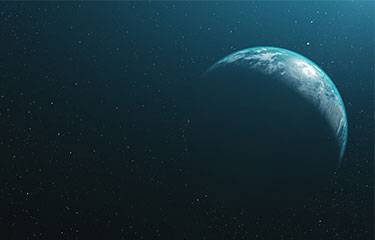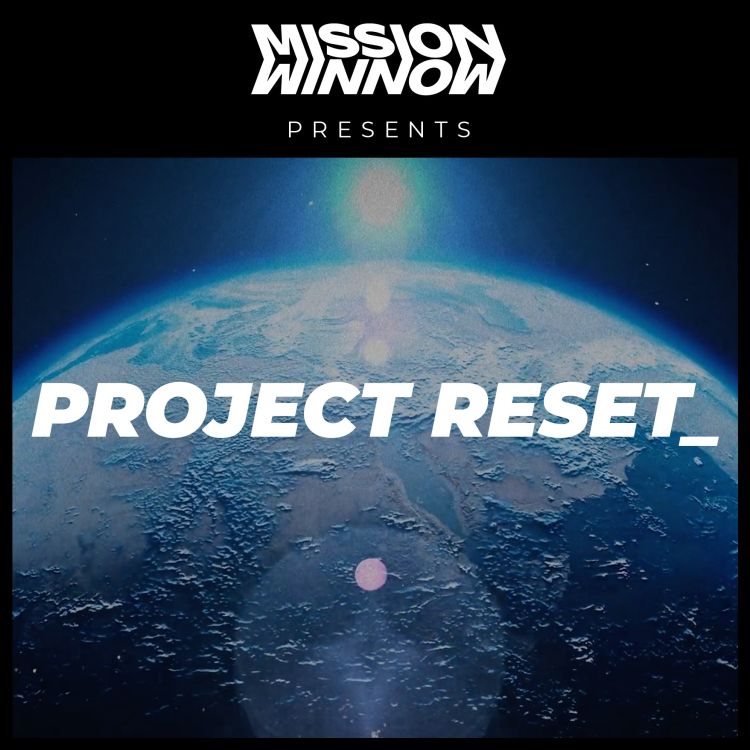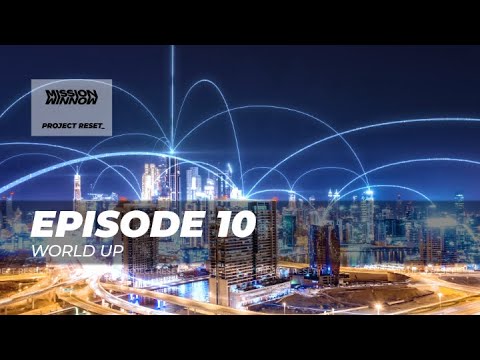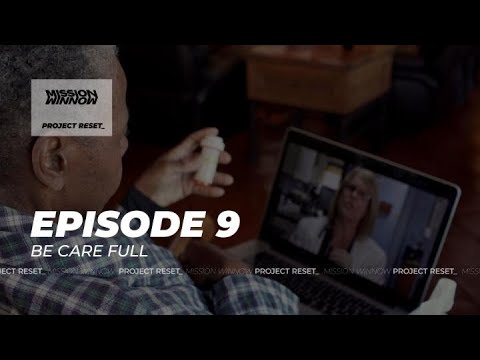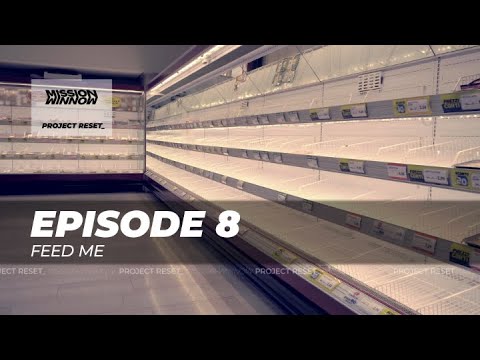Feed Me
3 min read
The global pandemic has shed a light on the precarious state of our global supply chain. With more time to reflect and think, many of us have had the possibility to reconsider the way we really want to live, what that means for the future and the consequences of how we spend and where we buy.
To help us understand what could potentially happen to an economy that has been so focused on growth at a time that its main contributors’ perspectives are shifting June Sarpong welcomes environmentalist Kip Andersen, futurist and author Ufuk Tarhan and trends expert William Higham to a new episode of Project Reset.
Nowadays, the current topic of conversation when it comes to consumption is focused on a shift in perspective, but what exactly has shifted? According to William Higham being a consumer used to be all about buying whilst now, it’s about use. So, we’re moving from ownership to accesship.
This whole concept of access started much more focused on convenience and the desire for experiences rather than a global understanding, but we’re starting to see that individuals are moving towards a much more globally aware society that includes others in the way they view consumption. Consuming is not just about us; it’s about how it affects others and the overall impact it can have.
In addition, in light of this crisis, there are new needs coming up across all markets: 1) safety, being prepared for everything and staying healthy enough that nothing can get to us; 2) serenity, which can be summed up in peace of mind and a return to a more natural state; and 3) community, which is based on the realization of the importance of local communities for support. This particular one is of major importance when looking towards the future. As we have come to realize, in times of crisis, the most important thing is to have a community of friends and family that supports us and surrounds us.
It’s no wonder then, that the aspect of community has also been at the very center of this pandemic. If there is anything that Covid has taught us, is that we’re all connected, and the actions of one individual can impact others in major ways. With this in mind, Kip Andersen suggests that we should all start looking towards a future where we focus on supporting communities that do the most sustainable products.
However, sustainability is often paired with a high price tag and, therefore, is not really available to all. This is a major problem, because according to Ufuk Tarhan building a more sustainable future requires we make these goods accessible to everyone. One way we could potentially do so is by relying on AI, on data, on knowledge and on having regulation that puts sustainability front and center.
But, is legislation the right answer to move towards a more sustainable future? Well, legislation typically comes after public opinion has grown. No government will pass legislation that will not get votes. And although legislation is an essential part of change, the first step is continuing to change public opinion and changing the systems towards a more local approach as we highlight the fact that everything we do affects our community.
We have to think global and act local. And we have to get back in touch with our humanity and ask how we can help to fix the small problems around us so that, ultimately, we can move towards a larger-scale solution.
